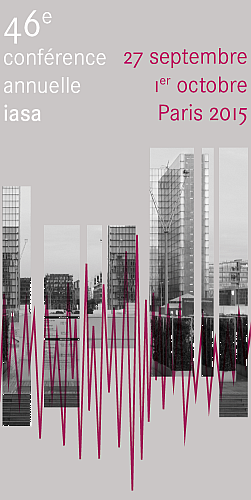New Technology, New-Old Issues: Adventures in creating, using, delivering and archiving a digital oral history collection
The number of large scale oral history projects being initiated has been in decline since the 1990s due to the high cost of managing, transcribing and documenting large collections of audio recordings. These large projects were once the mainstay of field recording collections, but the challenges in working with large quantities of data has forced many research archives to undertake projects on a smaller scale. However, the latest generation of digital technologies, whether used to create, manage, preserve or provide access to the collections, has provided tools to reverse the trend and make large projects practicable and appealing again. The turn to digital, and the consequent turn to online, has enabled more effective ways for creators, researchers and other users to find and utilise the relevant content within our research audio recordings.
As well as transforming how we undertake the tasks of preservation, collection management and access , the new ways of working has enabled large teams of researchers to collaborate on shared audio data, and to create new kinds of research data which itself must be manages. The Australian Generations Oral History Project, an ARC-funded collaboration between university historians, the National Library of Australia and ABC Radio National, has pioneered digital technologies for oral history. A team of 9 researchers and 25 interviewers has recorded 300 life history interviews and produced 1221 hours of digital audio recordings which are searchable via TROVE, the NLA's aggregation and discovery system, and which will be available for online research, subject to consent agreements, by anyone, anywhere, forever.
The interviewer site of commentary provides pertinent context, the ZOTERO database enables researcher collaboration which grew with the project, and the METS packaged interviews and summaries provides a rich source for the systems to interact with. The publications and radio programs generated for the project all link to the original source material and so provide new ways for users to interact with the material. All of which creates new archival objects for the National Library to manage.
This paper will describe the project and the collection it created and consider some of the technical, logistical and ethical issues it had to confront in order to achieve its goal.

